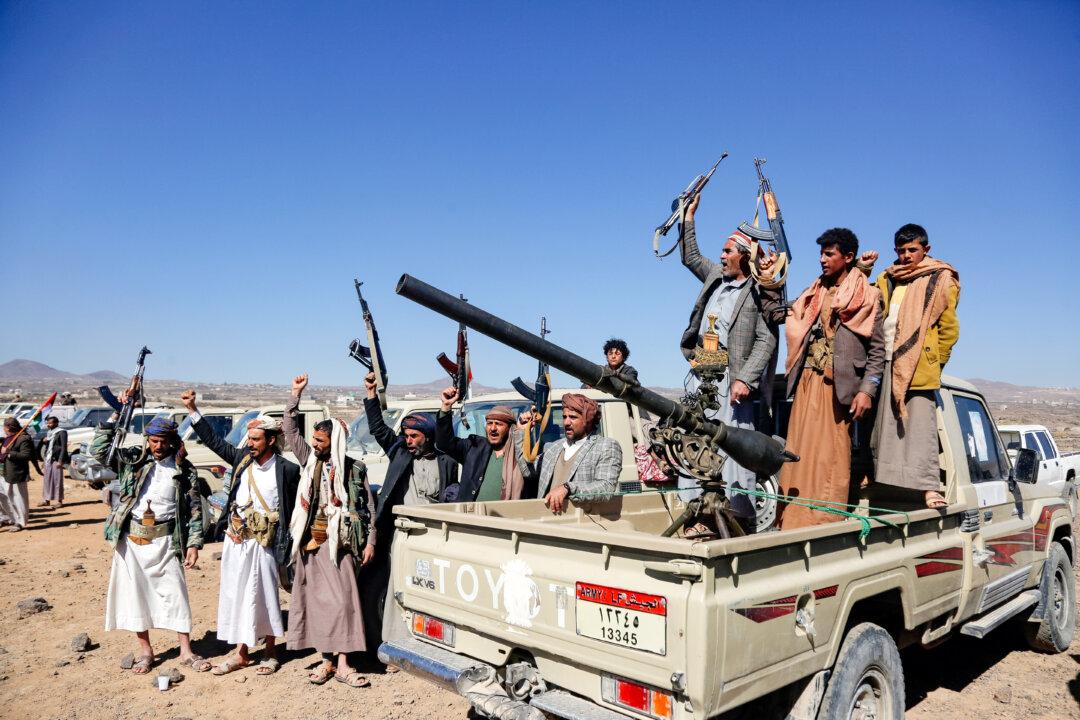U.S. forces conducted a new strike in Yemen on Thursday afternoon, destroying a pair of suspected Houthi anti-ship missiles believed to be aimed at Red Sea shipping lanes.
“As part of ongoing multi-national efforts to protect freedom of navigation and prevent attacks on maritime vessels in the Red Sea, on Jan. 18 U.S. Central Command forces conducted strikes on two Houthi anti-ship missiles that were aimed into the Southern Red Sea and were prepared to launch,” the U.S. Central Command (CENTCOM) announced on Thursday.





